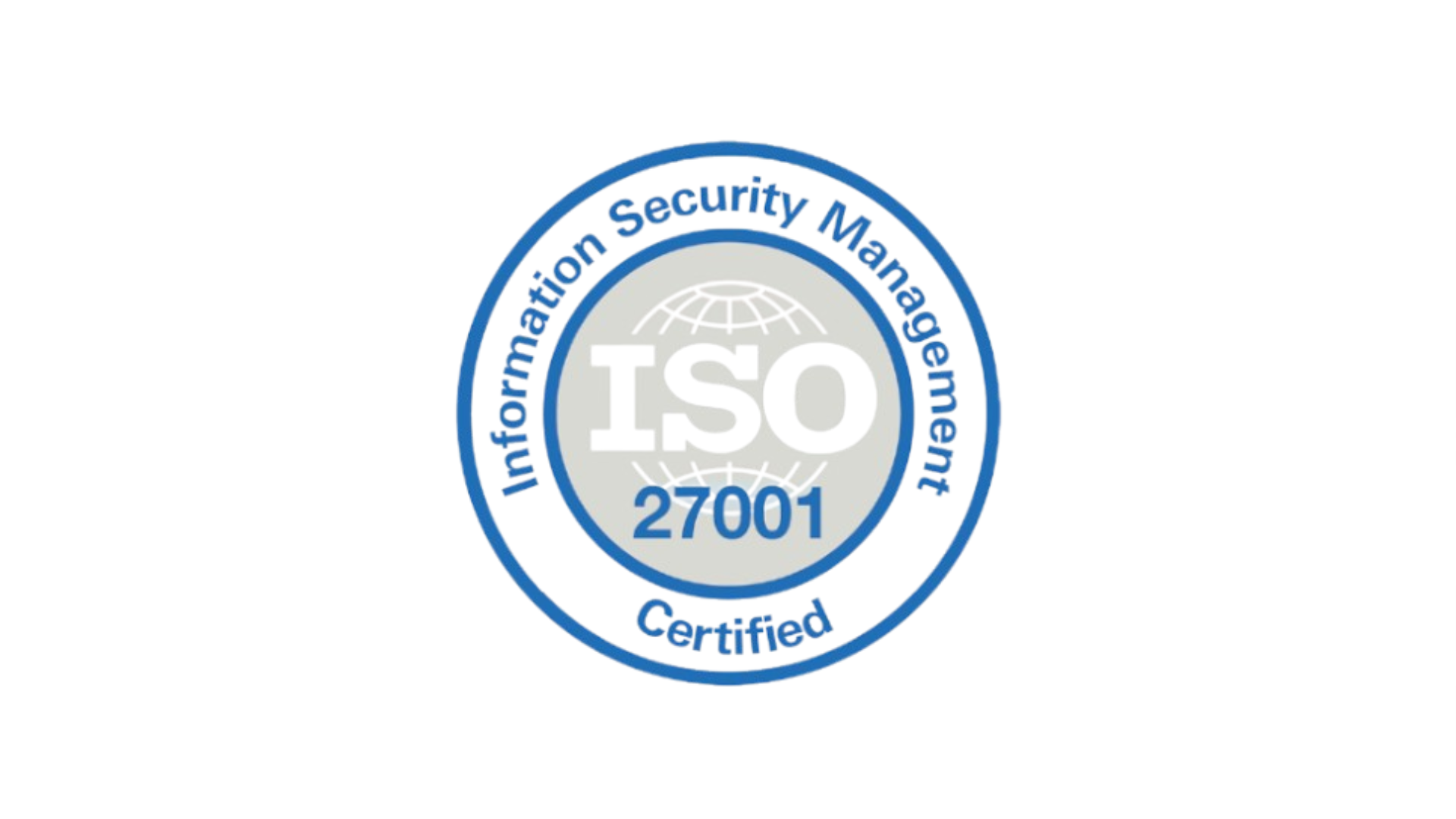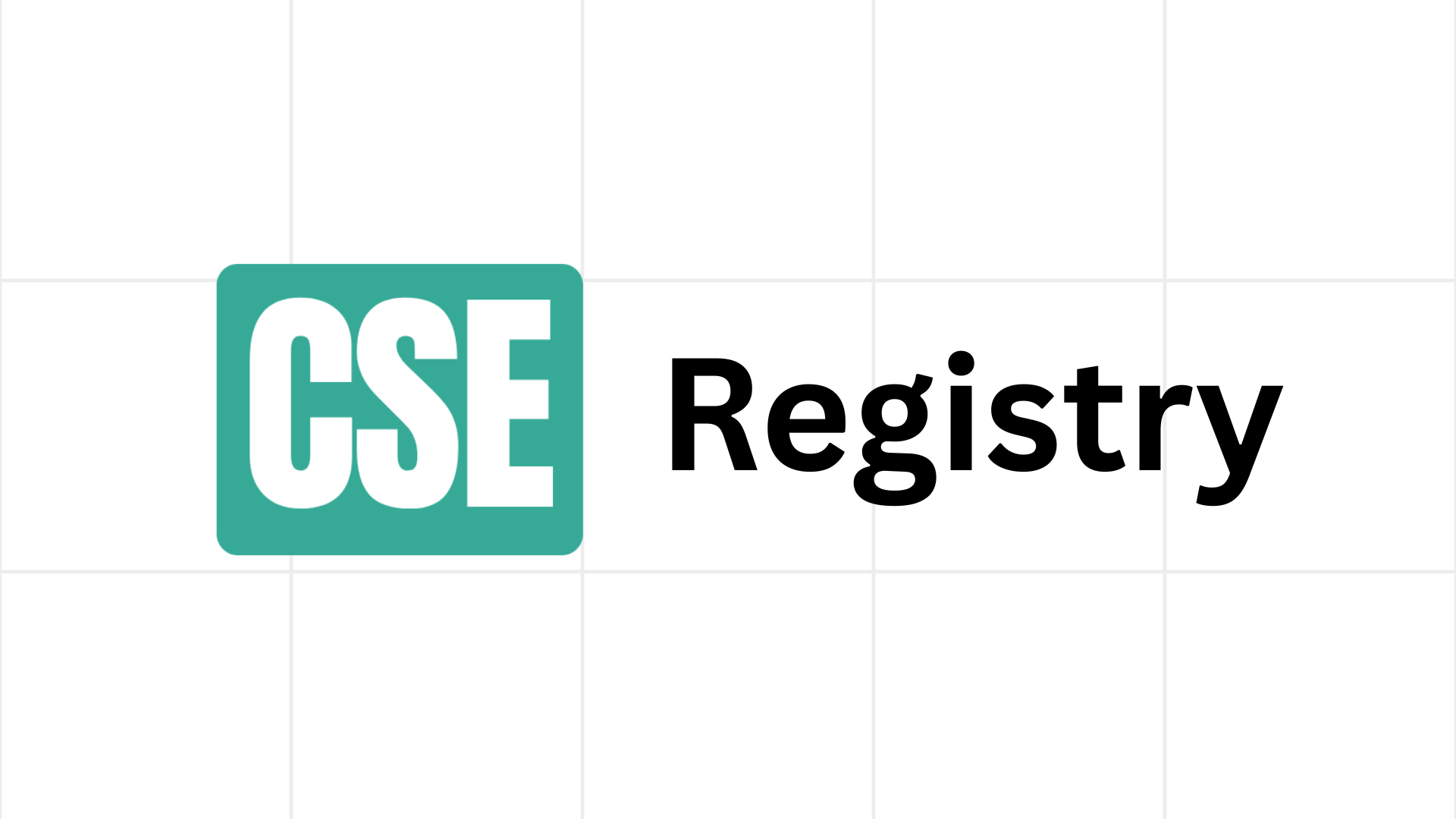For organizations navigating the increasingly complex landscape of data protection, privacy laws, and cybersecurity expectations, ISO/IEC 27001 often comes up as a gold standard. But is it the right move for your company?
In this article, we break down what ISO 27001 is, why it matters, who typically needs it, and the real-world benefits of pursuing certification, so you can make an informed decision.
What Is ISO/IEC 27001?
ISO/IEC 27001 is the international standard for information security management systems (ISMS), jointly published by the International Organization for Standardization (ISO) and the International Electrotechnical Commission (IEC).
It provides a systematic approach for managing sensitive information, ensuring its confidentiality, integrity, and availability. The standard outlines how to identify information security risks and implement appropriate controls to mitigate them.
What Is the Goal?
The primary goal of ISO 27001 is to protect an organization's information assets, both digital and physical, from unauthorized access, disruption, alteration, or destruction. It does this through the implementation of an ISMS: a structured set of policies, procedures, and technologies designed to manage and reduce information security risks.
Why Is It Important?
Data breaches, cyberattacks, and compliance violations are more than technical incidents. They can damage reputation, disrupt operations, and invite costly penalties. ISO 27001 helps reduce these risks by embedding structured information-security management into the organization's operations.
Importantly, ISO 27001 is a globally recognized standard. Certification signals that your organization takes information security seriously and follows internationally accepted best practices.
Where Is ISO 27001 Applicable?
ISO 27001 is industry-agnostic. It applies to:
- Technology companies handling user data or offering cloud-based services
- Financial institutions and fintechs processing sensitive transactions
- Healthcare providers managing patient information
- Government contractors adhering to strict security requirements
- Legal and consulting firms entrusted with confidential documents
- Startups seeking to establish trust with enterprise clients or investors
Whether your company has 10 employees or 10,000, if you handle valuable data, ISO 27001 may be relevant.
Who Typically Requires It?
You may not need ISO 27001 to start your business, but to grow, you likely will. Certification is often required or strongly preferred when:
- Responding to RFPs from large enterprises or government entities
- Expanding into international markets, especially in the EU and APAC
- Partnering with regulated industries like healthcare, finance, or defense
- Seeking to build trust with security-conscious customers
In short, ISO 27001 becomes essential when your customers or stakeholders demand assurance that your security program meets a recognized benchmark.
What Are the Benefits of Certification?
The decision to certify is an investment, but one with tangible and lasting returns:
| Benefit | Impact |
|---|---|
| Competitive Advantage | Win more deals by meeting security requirements up front |
| Operational Resilience | Identify and mitigate risks before they become incidents |
| Regulatory Readiness | Align with GDPR, HIPAA, and other frameworks more easily |
| Customer Trust | Demonstrate your commitment to data protection |
| Internal Discipline | Foster a culture of security across the organization |
Is ISO 27001 Right for You?
If your business handles sensitive information, is scaling operations, or must comply with customer or regulatory security demands, ISO 27001 is worth serious consideration.
Key Insight
ISO 27001 certification goes beyond satisfying compliance requirements by establishing a robust security foundation that scales with your business and opens doors to new opportunities.
At DataHubz, we help companies assess whether ISO 27001 fits their profile. If so, we guide them through every step of the journey, from gap analysis to implementation and audit preparation.
Getting Started
Ready to explore ISO 27001 certification for your organization? The journey begins with understanding your current security posture and identifying gaps that need to be addressed. With the right guidance and tools, achieving certification can be a strategic advantage rather than a compliance burden.



